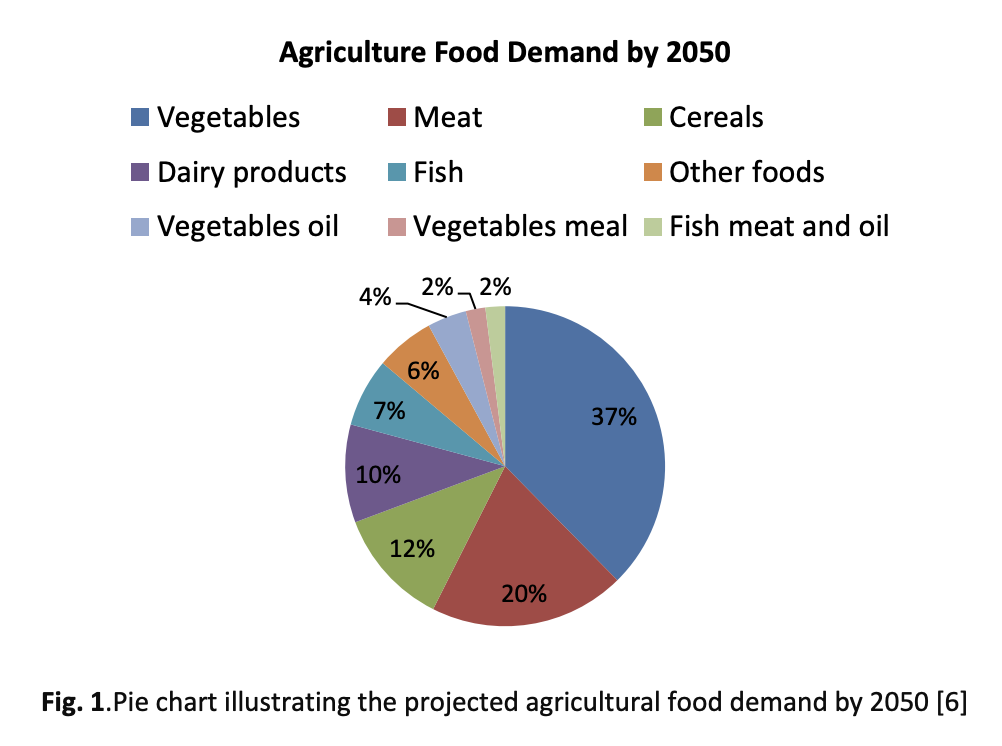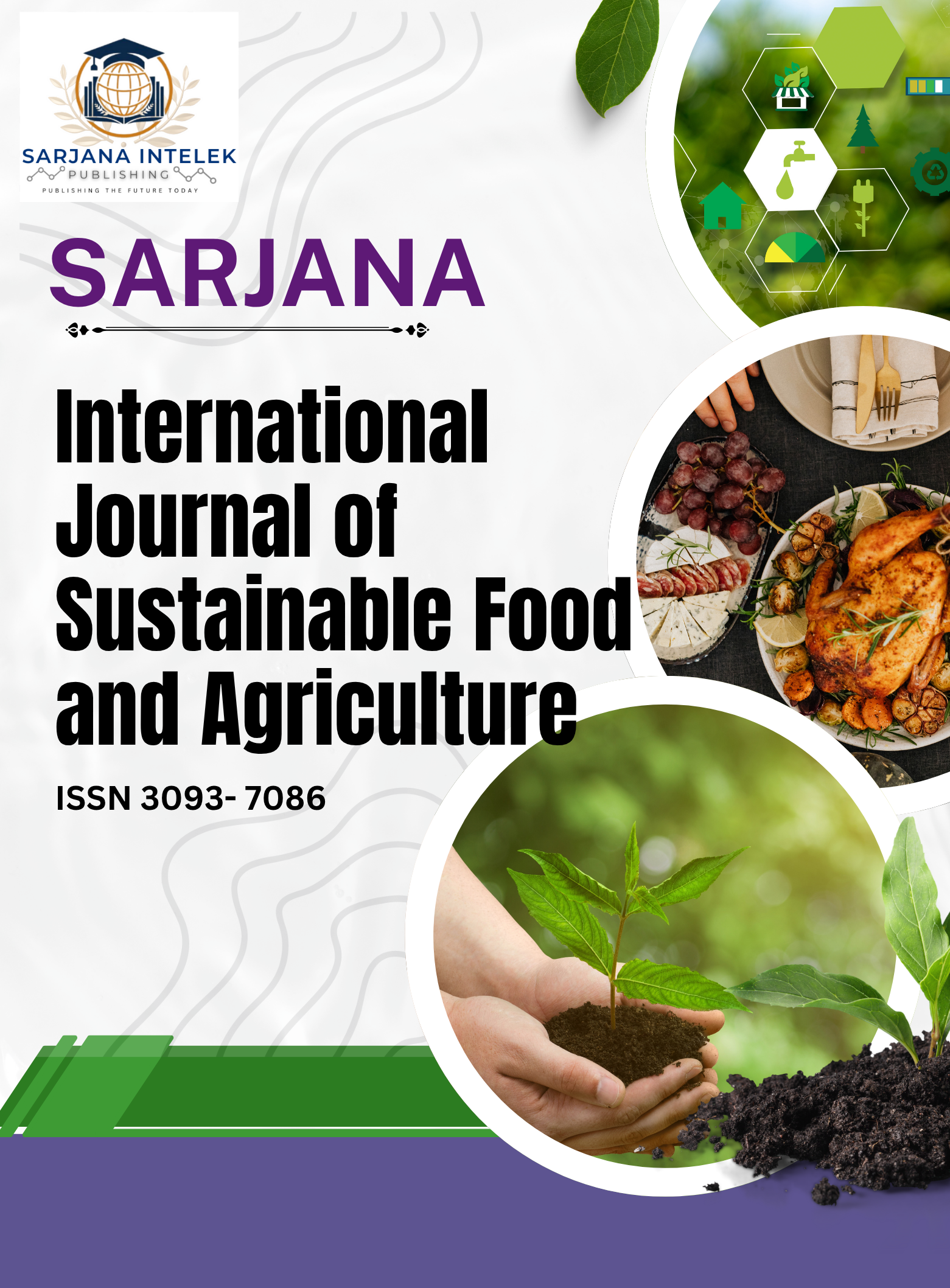Fermented Plant Juice: An Eco-friendly Approach to Crop Nutrition
DOI:
https://doi.org/10.37934/sijsfa.1.1.17Keywords:
Fermented Plant Juice (FPJ, sustainable agriculture, organic fertilizerAbstract
Sustainable farming depends on eco-friendly inputs like Fermented Plant Juice (FPJ) to meet the growing global food needs expected by 2050. Made from natural materials such as banana peels, alfalfa, or bamboo shoots using Korean Natural Farming methods, FPJ offers a green alternative to synthetic fertilizers. This review explores how FPJ is prepared, its nutrient content and its effects on crops like leaf mustard, pechay, tomatoes, head lettuce, and sweet basil. The process involves collecting plant parts in the morning, mixing them with sugar and fermenting for 5 to 15 days, which produces nutrients that vary by plant source. Research shows FPJ boosts plant growth, including taller stems, larger leaves, stronger roots and higher yields, with ideal dilutions differing by crop for instance, 2 tbsp/L for leaf mustard or 1.0% for sweet basil. These improvements come from nutrients like nitrogen and potassium, plus growth compounds like auxins and cytokinins released during fermentation. Unlike synthetic fertilizers, FPJ supports healthier soils and biodiversity, minimizing environmental damage.














